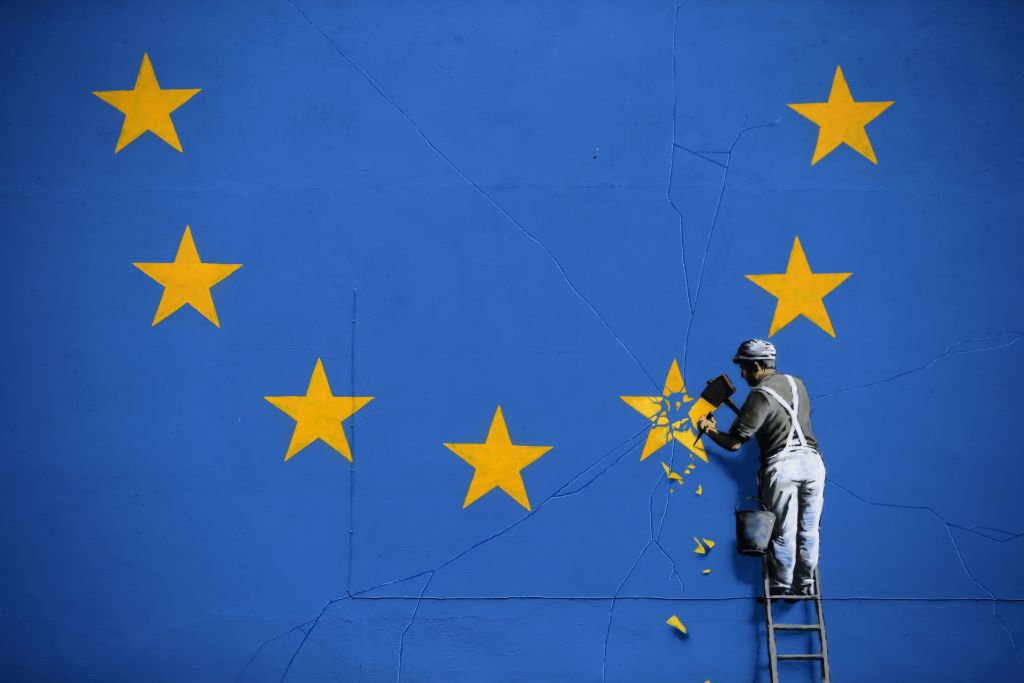Of all the arguments put out against Brexit during the bitter referendum debate, one of the least convincing was that it would give a UK government the opportunity to repeal employment law, thereby impoverishing Britain and its people. Jeremy Corbyn once asserted that a Conservative government would turn the country into a ‘low-wage tax haven’. That is an interesting concept, which like the chemical element Seaborgium might theoretically exist but which has yet to be discovered in the real world – most tax havens seem to be pretty wealthy, at least compared with similar countries which haven’t set the fiscal and regulatory conditions to attract businesses and wealthy individuals.
There wouldn’t have been much point in Brexit at all unless a UK government was prepared to vary from the EU – either by deregulating or changing regulation in some other way. It ought to come as no surprise, then, that the Department for Business, Energy and Industrial Strategy is looking at reforming employment law which we have inherited from EU membership. Among the things to go look like being the blanket 48 hour working week and the requirement for businesses to keep a daily log of their employees’ working hours. Also on the table are rules determining the calculation of holiday pay, which at present has to include a consideration for overtime.
The question is, however: does the free trade deal reached with the EU permit deregulation of this kind? The deal allows either side to reimpose tariffs if the other weakens employment or environmental law. However, in order to do take this action, the side imposing tariffs has to prove that deregulation by the other side has gained it an unfair competitive advantage. This could leave the EU, and, even more so trade unions, opposing deregulation with a slight problem. The EU would, in effect, be telling everyone that its 48 hour week and other employment rules are damaging the competitiveness of EU businesses.
Brexit will, however, expose something else: just how many regulations which many might assume have some basis in the EU are in fact the product of our government. Whitehall has become notorious for ‘gold-plating’ EU directives: i.e. introducing far more prescriptive rules than we were obliged to do.
I have a small list of regulations which I would like to be put right at the top of the list for the chop. Trouble is, I don’t think there is a single rule among them which has been strictly imposed on us by Brussels. How about we relieve employers from having to collect data on gender and ethnicity of employees? That we boil down building regulations to the important essentials – the opposite of what we do at the moment by pettifogging over the heights of electrical sockets while failing to act sooner on flammable cladding? Or what about doing away with carbon audits, introduced two years ago for large companies? They are all own-goals the abolition of which the EU couldn’t complain about for the simple reason it didn’t force them upon us.







Comments